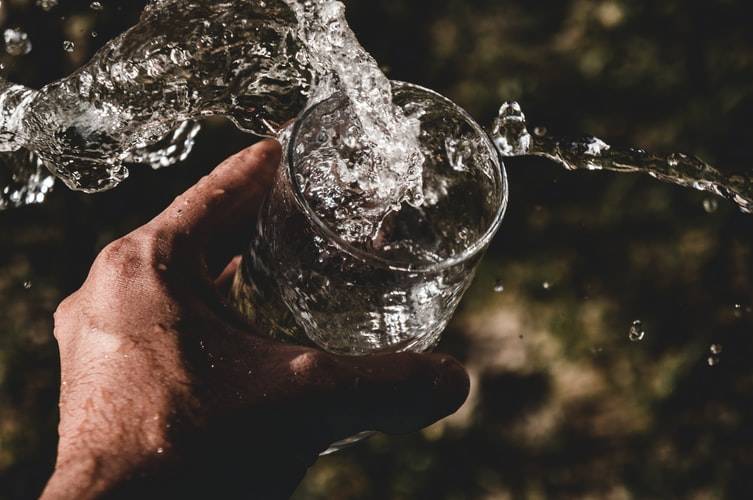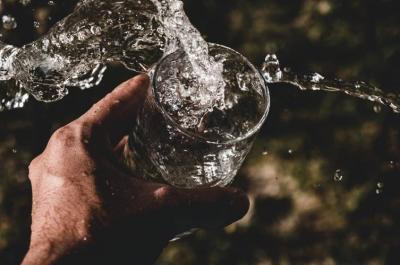Drinking water is one of the most effective ways to keep body temperatures at an acceptable level during heatwaves. In general, health experts recommend consuming at least two liters of water daily, but a bit more in hot weather. Many people resort to adding ice cubes to their water for a refreshing and cooling sensation, but is this safe for health?
Every summer, numerous posts circulate online urging people to avoid very cold water, as it could have serious consequences, potentially causing disruptions in the esophagus, leading to uncomfortable symptoms, including stomach cramps or chest pain and distinctive signs of esophageal spasms.
In a widely circulated video, a man claimed that he began to see spots, experienced severe nausea in his stomach, and felt numbness in his hands and feet after drinking iced water. He added that cold water disrupts the body's signals and alleged that rapid exposure to cold water and air after exercise causes the body to redistribute blood from the hands, feet, and head to the stomach.
Health specialists do not believe that water is the culprit, noting that people rarely faint in hot weather. Doctors assert that some underlying health conditions, rather than cold water alone, are responsible for fainting in hot conditions. In severe cases, conditions such as heat exhaustion and dehydration, among others, may lead to fainting, according to the British newspaper Express.
Heat-related problems tend to affect individuals working outdoors in hot weather, and heatstroke poses a particular risk under these circumstances, with symptoms resembling those claimed by the video maker to be caused by cold water.




